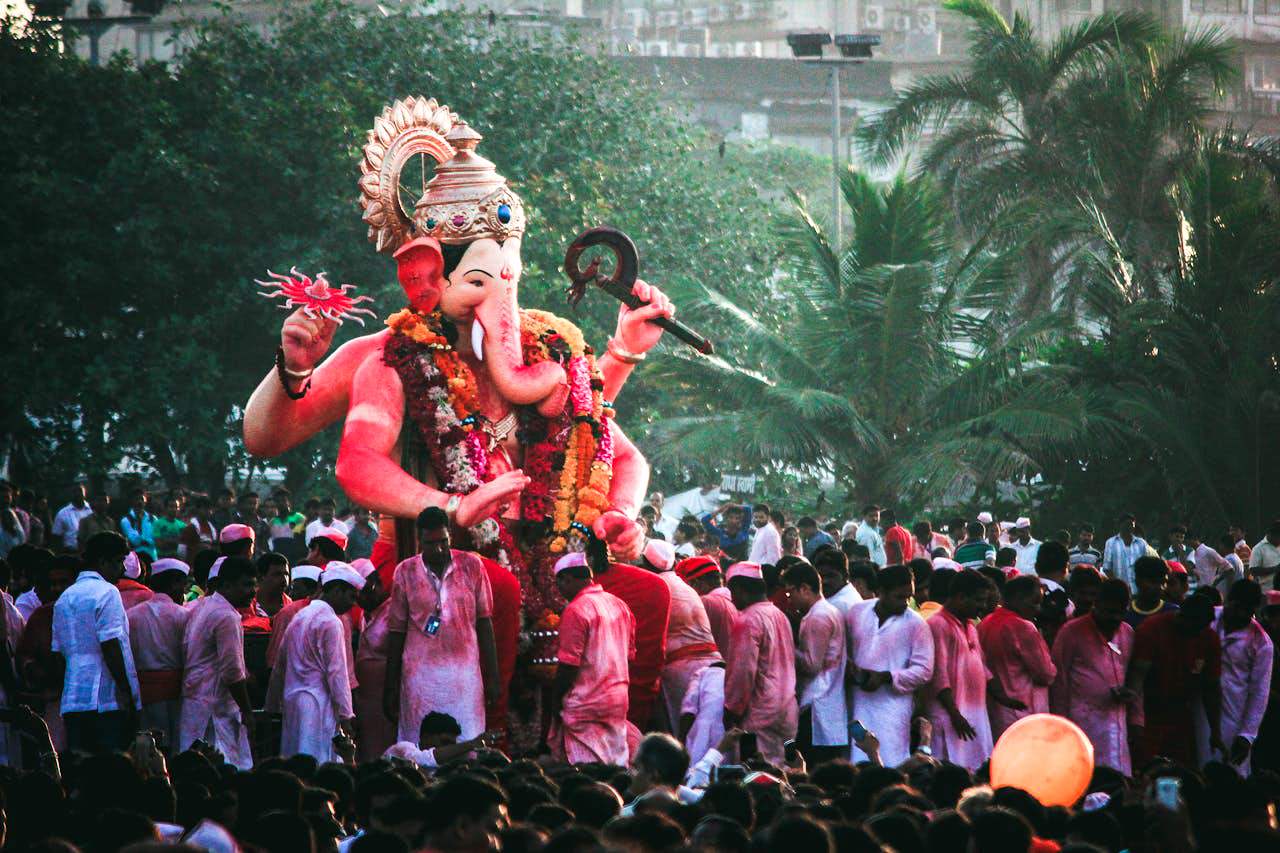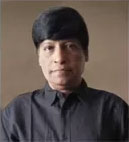
As Maharashtra’s 2024 elections draw nearer, one gets to hear the usual rhetoric over “Marathi Manus identity” which finds itself at a crossroads between traditional pride and modern aspirations.
The concept of the Marathi Manus (Marathi person) has long been a focal point in Maharashtra’s political landscape, representing not only linguistic and cultural identity but also a powerful sentiment of regional pride. Political entities have leveraged this concept over decades, rallying the Marathi-speaking populace around issues of local rights, job security, and cultural preservation. With the Maharashtra Assembly elections on the horizon, parties like the Maharashtra Navnirman Sena (MNS) and the Shiv Sena are once again bringing forth the Marathi Manus rhetoric. Yet, the socio-political landscape has changed due to rapid urbanization, globalization, and evolving voter priorities. This election will likely highlight the ways in which the Marathi Manus identity is both preserved and reshaped, as parties seek to strike a balance between regional pride and the realities of a globalized Maharashtra.
The Marathi Manus concept was initially popularized by the Shiv Sena under Bal Thackeray in the late 1960s. In its formative years, the Shiv Sena built its political base by appealing to the Marathi-speaking majority, often positioning itself as a defender of their economic and social rights against “outsiders.” This strategy worked effectively in Mumbai and other urban centers, where the influx of non-Maharashtrian migrants was perceived as a threat to local jobs and cultural identity.
Over time, as Mumbai evolved into a cosmopolitan metropolis, the MNS under Raj Thackeray emerged with a similar yet distinct appeal. MNS has sought to attract the youth with a stronger anti-migrant stance, though this approach has yielded mixed electoral results. Both parties have utilized Marathi Manus identity in varying degrees, adapting it to contemporary issues.
Urbanization and globalization have added new layers of complexity to the Marathi Manus sentiment. Mumbai and Pune, as economic powerhouses, have attracted diverse demographics, creating a unique cultural mosaic. Marathi-speaking citizens find themselves navigating a more globalized Maharashtra, where issues like infrastructure, quality education, and economic development have assumed greater significance.
The 2024 elections will be crucial in testing how much traction the Marathi Manus narrative holds in this changing scenario. For many, the Marathi Manus idea remains integral, but its role has broadened. While previous generations may have prioritized Marathi identity as a singular rallying point, today’s voters—particularly the youth—often weigh it against other pressing issues. Political parties that overemphasize identity politics may find themselves at odds with voters who demand tangible solutions for urban problems.
The Shiv Sena (Shinde) vs. Shiv Sena (UBT)
Following the split within the Shiv Sena, the contest for the Marathi Manus narrative has taken a new twist. Eknath Shinde’s faction has positioned itself as the “real” Sena, allied with the BJP and focusing on a more development-oriented platform. This includes an emphasis on infrastructural projects like the Mumbai Coastal Road and the Navi Mumbai airport, with a pitch that development for Maharashtra’s Marathi population can co-exist with regional pride.
On the other hand, Uddhav Thackeray’s faction has doubled down on the emotional appeal of the Marathi Manus and the “sons of the soil” agenda, a narrative rooted deeply in Bal Thackeray’s legacy. However, with the split weakening the Sena’s unified voice, this stance now appears vulnerable. Uddhav’s faction has also faced the challenge of incorporating more inclusive and progressive elements to appeal to a broader electorate, while still retaining the Marathi identity appeal at its core.
The Role of MNS
MNS leader Raj Thackeray has shown a knack for leveraging Marathi Manus sentiment among the youth, particularly around issues of employment and anti-migrant rhetoric. With unemployment being a significant concern for young voters, the MNS is expected to amplify its criticism of job allocation to non-Maharashtrians in public and private sectors. For Raj, this provides a platform to revive the MNS brand of aggressive Marathi pride, positioning it as an alternative for those disillusioned with the fractured Shiv Sena.
However, MNS also faces a significant challenge: it must show voters that it can translate rhetoric into actionable policies. With the younger demographic more focused on opportunities and quality of life than linguistic exclusivity, the MNS might find itself pivoting to address broader developmental concerns if it hopes to resonate widely.
BJP’s Strategy
The BJP has historically leaned on a pan-Indian identity, but in Maharashtra, it has recognized the need to engage with Marathi identity politics. With alliances across various regional identities in India, the BJP has strategically allied with Eknath Shinde’s Shiv Sena faction, effectively incorporating Marathi Manus sentiment into a broader Hindutva narrative. This has allowed the BJP to adopt a “Marathi-friendly” face while maintaining its core identity as a national party.
In the upcoming elections, the BJP-Shinde alliance is likely to emphasize economic growth and large-scale infrastructure projects that benefit Marathi-speaking citizens. By presenting this development narrative as a pathway for the Marathi Manus to achieve a better quality of life, the BJP hopes to appeal to both traditional Marathi pride and the modern aspirations of Maharashtra’s urbanized voter base.
Congress and NCP
The Congress and the Nationalist Congress Party (NCP), traditionally seen as more inclusive and secular, are often less vocal about the Marathi Manus narrative. However, given the highly localized nature of Maharashtra politics, they have not ignored it entirely. These parties tend to focus on broader socio-economic issues affecting the Marathi population, like farmer distress, education, and healthcare, framing these concerns as extensions of Marathi welfare.
As the Congress and NCP face the challenge of regaining relevance, particularly against the BJP’s growth narrative, they may sharpen their focus on regional identity in rural areas. Here, identity politics has often been tied to agrarian concerns rather than urban employment or migration issues, which the Shiv Sena and MNS focus on more heavily. By positioning Marathi Manus identity as intertwined with agricultural livelihoods, the Congress and NCP can appeal to rural voters who may feel left out of urban-centric development agendas.
A Forward-Looking Marathi Manus?
The 2024 Maharashtra elections could mark a significant shift in Marathi Manus politics. As voters navigate the competing claims of identity and development, they are also becoming more discerning. This time, the Marathi Manus rhetoric will not suffice on its own. The parties that succeed may be those that can meaningfully connect regional pride with practical solutions to economic, social, and infrastructural challenges.
A 2023 Lokniti-CSDS survey reflected this shift, indicating that over 60% of Maharashtrian youth prioritize economic growth and job opportunities over identity-based appeals. For younger generations, especially those in urban centers, being Marathi is an identity they are proud of, but not one that solely defines their aspirations. Voters are increasingly expecting political parties to present a forward-looking vision, where Marathi identity is respected, but broader issues are not sidelined.
Marathi Manus in Transition
As Maharashtra gears up for the Assembly elections, regional identity politics remains a potent force but is undergoing transformation. While the Marathi Manus will continue to play a role, voters—especially the young, urban, and aspirational—are more likely to support parties that address their immediate challenges alongside cultural pride. The 2024 election could redefine Marathi Manus politics, pushing it to adapt to an era where regional pride is acknowledged but balanced with inclusive progress and growth. This election will be a test of which political narrative can best align with the evolving identity of the Marathi Manus.

A Column By
Raju Korti – Editor
The Resource 24X7
A Journalist With 4 Decades of Experience With Leading Media Houses.
